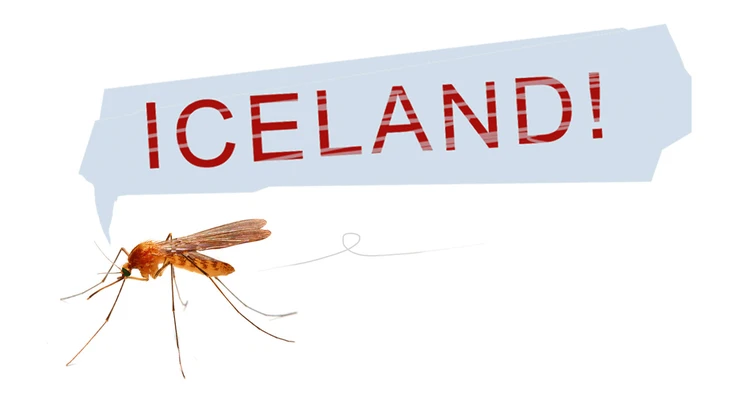
There is no longer a place in the world that is “mosquito-free”. Iceland officially joins the global mosquito map - Photo: NYTimes
For centuries, Iceland, a land of ice and volcanoes, was considered the only place on Earth (apart from Antarctica) completely mosquito-free. Harsh winters, temperatures often below freezing and constant freeze-thaw cycles made it impossible for the insects to survive.
However, this week, scientists announced the discovery of the first three mosquitoes in the wild in Iceland, marking a remarkable biological milestone.
The discovery was made by Björn Hjaltason, a local resident in the Kiðafell area of Kjós, about 30km from the capital Reykjavík.
“At dusk on October 16, I saw a strange fly and immediately suspected it was a mosquito,” he wrote in a Facebook group about insects. He then contacted Matthías Alfreðsson, an entomologist at the Icelandic Institute of Natural Sciences. The results confirmed: all three, two females and one male, were of the species Culiseta annulata.
This is the first time in Iceland’s history that mosquitoes have been found living in the wild. A different species of mosquito was previously found at Keflavík International Airport, but that was only after it had strayed from an airplane.
Culiseta annulata is a species that is native to parts of North Africa, Europe and as far as Siberia. It is cold-tolerant, as adults can hide in enclosed spaces to hibernate during the cold season, helping it survive harsh winters.
It’s still unclear how the mosquitoes arrived in Iceland: they could have been on cargo ships, containers or warm air currents. Scientists say further monitoring will be needed next spring to determine whether they can survive the winter and actually establish a permanent presence in Iceland.
Mosquitoes are among the biggest beneficiaries of rising global temperatures, researchers warn. They grow faster, live longer and expand their range into areas previously too cold for them.
Iceland is no exception. In 2025, the country experienced a record heatwave, with many areas experiencing temperatures up to 10 degrees Celsius above average. According to the World Weather Attribution network, climate change has made this phenomenon “40 times more likely” than it was in the past.
However, experts remain cautious. Dr. Colin J. Carlson (Yale University, USA) said: "The warming climate may contribute, but there is not enough evidence to conclude that this is a direct impact of climate change. We still do not fully understand how mosquitoes are changing their habitats."
Meanwhile, Alfreðsson said that while the specific cause is unclear, "warmer temperatures will certainly make it easier for other mosquito species to adapt and settle in Iceland if they find their way here."
Once a "mosquito-free oasis" in the North Atlantic, Iceland may now have to get used to what the rest of the world takes for granted: the annoying buzz of these tiny, but powerful insects.
Source: https://tuoitre.vn/soc-lan-dau-phat-hien-muoi-trong-tu-nhien-o-iceland-2025102207470227.htm









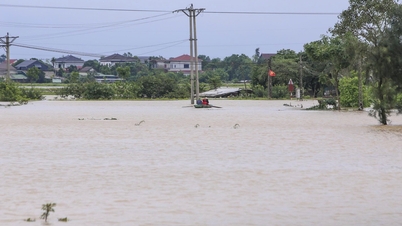

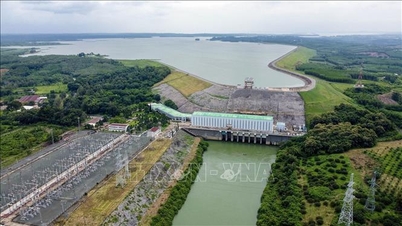












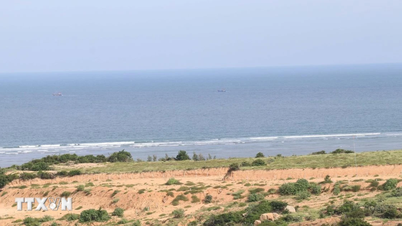

















![[Video] The craft of making Dong Ho folk paintings has been inscribed by UNESCO on the List of Crafts in Need of Urgent Safeguarding.](https://vphoto.vietnam.vn/thumb/402x226/vietnam/resource/IMAGE/2025/12/10/1765350246533_tranh-dong-ho-734-jpg.webp)



























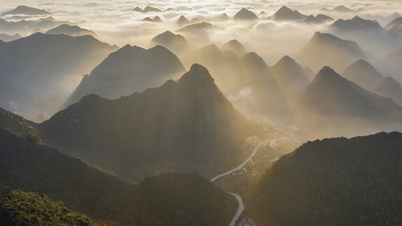










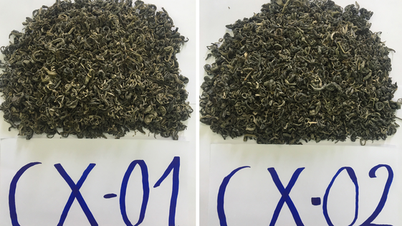

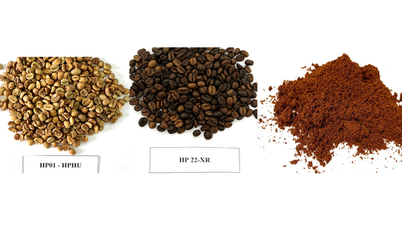








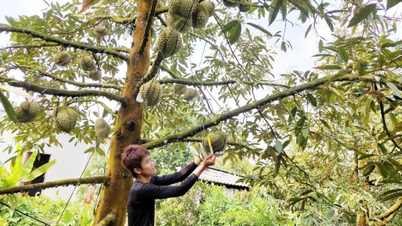


















Comment (0)